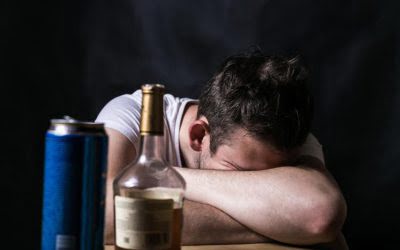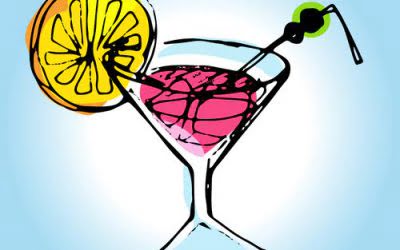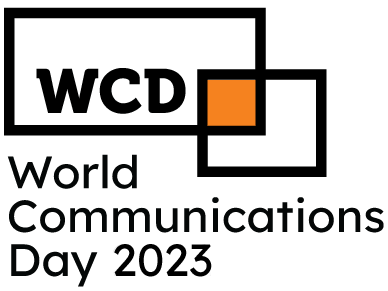Heroin addiction treatment programs almost always begin with inpatient treatment. For people with addictions to drugs like stimulants or cannabis, no medications are currently available to assist in treatment, so treatment consists of behavioral therapies. Treatment should be tailored to address each patient’s drug use patterns and drug-related medical, mental, and social problems.
If detox is physically impossible to endure, further treatment will be less effective. To enhance the safety of detox, it’s best the person is medically supervised. The National Institute on Drug Abuse (NIDA) states that repeated heroin abuse causes changes to the physical structure and physiology of the brain. Studies have shown that the brain’s white matter deteriorates as a result of heroin use which affects the user’s memory and decision-making abilities.
Therapy
Doctors can treat these symptoms with prescription medications such as clonidine, which can reduce the severity of withdrawal symptoms. Most people who are withdrawing from heroin experience a strong desire to take more heroin. This is known as experiencing cravings and is common among people withdrawing from many addictive substances. Part of the craving is driven by the wish to reduce the symptoms of heroin withdrawal, and part of it is the desire to re-experience the heroin high. When people stop using heroin, they will experience withdrawal symptoms if they have become physically dependent on the substance. During rehab, residents have a structured routine that includes daily therapy, support groups, and activities.
Inpatient rehab eliminates the outside environmental and social factors that make it harder to achieve sobriety. The primary symptom of heroin abuse and addiction, or an addiction to any drug, is the inability to stop using despite the desire to do so. Although it’s possible to detox without medical supervision, doing so is not recommended and increases the risk of relapse. Most interventions also include an addiction specialist who suggests treatment options.
Drug addiction is a disease, not a choice, experts say at ‘Florida Shuffle’ forum
You can start by discussing your substance use with your primary care provider. Or ask for a referral to a specialist in drug addiction, such as a licensed alcohol and drug counselor, or a psychiatrist or psychologist. Withdrawal from different categories of drugs — such as depressants, stimulants or opioids — produces different side effects and requires different approaches. Detox may involve gradually reducing the dose of the drug or temporarily substituting other substances, such as methadone, buprenorphine, or a combination of buprenorphine and naloxone. Stopping drug use is just one part of a long and complex recovery process. When people enter treatment, addiction has often caused serious consequences in their lives, possibly disrupting their health and how they function in their family lives, at work, and in the community.
Treating an addiction to Heroin usually involves therapy, medication, support groups, and lifestyle changes. These treatments are available at both inpatient and outpatient treatment centers. For some people, medication is an effective way to maintain abstinence from their addiction until they can better manage the challenge of recovery on their own. For withdrawal from alcohol or opiates, for example, maintenance medications can help reduce cravings and the need for the high that the substance provides. This can give the person more time to develop tools to avoid behaviors and situations that might trigger relapse.
Alternative Treatments
Connect with a licensed therapist from BetterHelp for porn addiction counseling. Once you decide to live sober, you need to change your people, places and things. I’m not the guy that makes new friends that well but I gave it a shot and my life has only gotten better. While we are unable to respond to your feedback directly, we’ll use this information to improve our online help.

Additionally, as your treatment needs change during the course of rehab, you may step up or down in treatment intensity levels or receive additional services if necessary. Before deciding to begin heroin addiction rehab, it may be helpful to consult your doctor or another treatment professional if possible. They can perform an evaluation and help determine the appropriate level of heroin rehab care for your specific needs.
Residential Rehab
Detox is the first step to recovering from any drug addiction, and it’s especially important for heroin addiction. During this process, the body experiences withdrawal symptoms from heroin that can be difficult to handle alone. OTPs use medication-assisted treatment, or MAT, to help users overcome addiction. MAT includes prescribed medications as well as support services like therapy.

Heroin addiction impacts many different parts of the body including; the heart, brain, liver, vital organs, the respiratory system, circulatory system, and gastrointestinal system. Heroin tolerance occurs when a person no longer responds to the drug dose used previously and needs more of the drug to reach the “high” they seek. Dependence, on the other hand, is when a person stops drug use and experiences withdrawal. While not everyone who takes legal painkillers or recreational substances becomes addicted, some people won’t be able to stop taking them. Heroin is an opioid that originates from morphine, a substance derived from opium poppy plants.
If you are withdrawing in a treatment facility, make the most of the support offered, and try and have support arranged in the community when your stay is over. Feeling depressed, anxious, or irritable, also known as having a dysphoric mood, is a normal part of heroin withdrawal. Even without a traumatic past, these mood changes would be expected, but many people who use heroin experience long-suppressed feelings related to past trauma or abuse when they come off the drug. This is one of the reasons it is important to have emotional support while you are going through withdrawal. After patients complete inpatient rehab, they are strongly encouraged to continue treatment. Generally patients are advised to enter a Partial Hospitalization Program (PHP), then Intensive Outpatient Treatment (IOP), and finally standard outpatient (OP).
Other components of treatment involve psychological and social therapies that help the person being treated to understand and manage contributing factors to the addiction. This can be especially helpful for those who have a dual diagnosis, such heroin addiction treatment as addiction that occurs alongside other mental health disorders such as depression or anxiety. Black patients with opioid use disorder were far less likely to fill prescriptions for the most effective addiction treatments than white patients.
